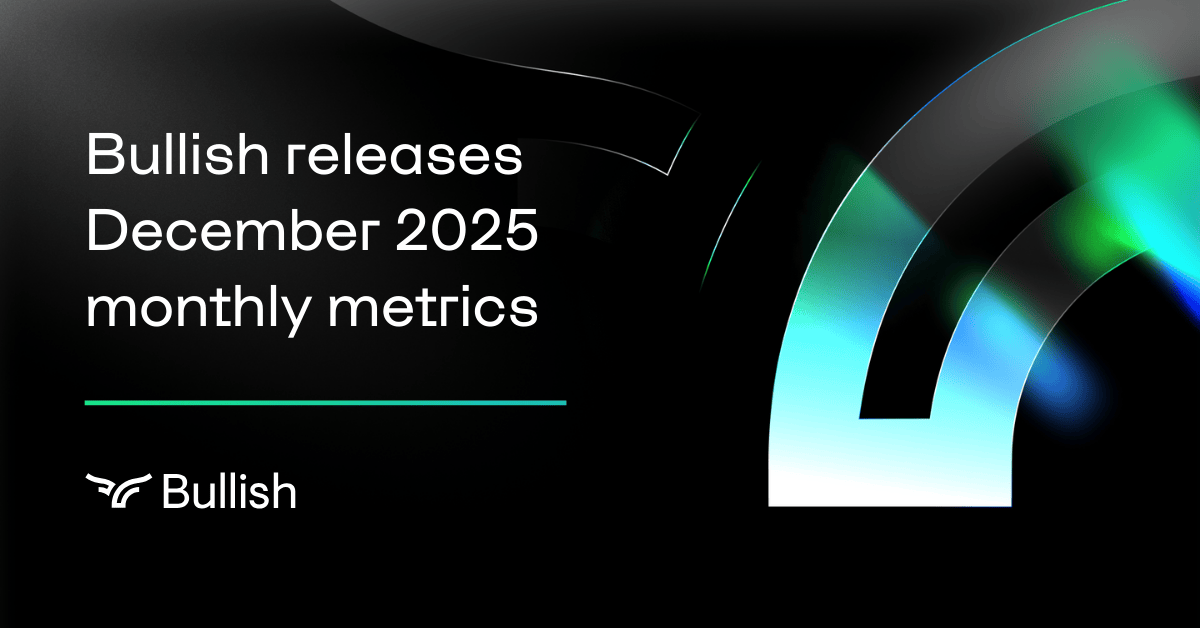The Bullish Professional Trading Competition is underway. Track the top traders.
Loopring gives the DEX’s access to cross-blockchain and cross-exchange liquidity giving investors access to prices available on the broader market. Loopring batch-processes thousands of requests off-chain, with verifiably correct execution via zero knowledge proofs (ZKPs). The native currency, LRC, is necessary for key operations on the protocol.
China-based Loopring was co-founded by Daniel Wang and Jay Zhou on August 6, 2017. Wang, also the founder and CEO of Loopring Foundation, manages the development of the protocol.
LRC, Loopring’s Ethereum-based native token, held an initial coin offering (ICO) on August 1, 2017. Loopring’s version 1.0 launched on the Ethereum mainnet in December 2019.
To launch an exchange using the Loopring protocol, developers are required to stake a minimum of 250,000 to 1 million LRC, depending on whether they use Loopring’s on-chain data proof service. All LRC holders can stake LRC to earn part of the protocol fees paid by all exchanges built on top of Loopring. If an exchange decides to withdraw funds from its staking pool or otherwise falls below the minimum requirement, the Loopring protocol will seize funds from the exchange, shut it down and distribute the confiscated tokens to LRC stakers. Exchanges are not required to stake above their minimum LRC requirement, but may choose to do so in order to reduce market-making fees on the exchange.






